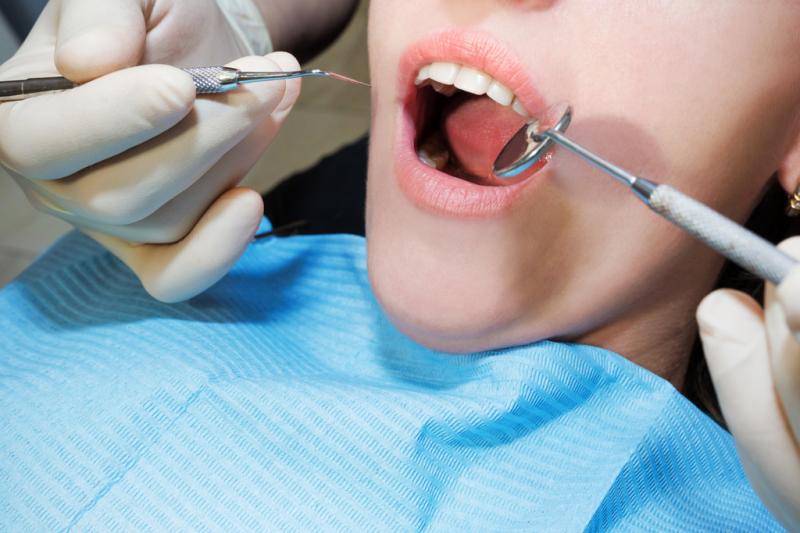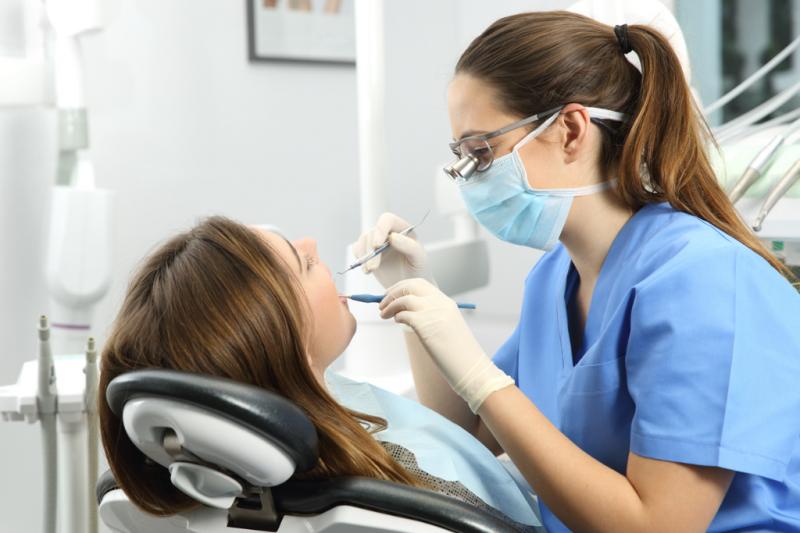How Do Dentists Clean Teeth?

Teeth cleaning appointments with the dentist can leave you feeling rejuvenated. There is nothing like the feeling of knowing your pearly whites got some much-needed TLC and your breath smelling fresh.
Yet, what goes into teeth cleaning? What makes every step of the cleaning process important?
If you're curious or know someone new to teeth cleaning, check out how dentists clean your teeth to understand what goes into a brighter smile!
The Importance of Teeth Cleaning
You can consider regular teeth cleaning to be like a dental check-up. Except one that provides prevention from oral care issues and as a means to detect oral problems once spotted. In which case, it's recommended for people to go in for teeth cleaning every six months.
In doing so, they can prevent the following issues:
- Prevent gum diseases like gingivitis
- Reduce bad breath
- Prevent cavities from forming
- Jaw related issues like overbite
- Lower risk of cardiovascular disease and diabetes
- Detect oral cancer early
The Teeth Cleaning Process
Examining Your Mouth
Before any cleaning can get done, you will have the dental hygienist inspect your entire mouth. It may seem unnecessary to examine your mouth since you're simply getting your teeth cleaned. During the examination, the dental hygienist will use a small mirror to check hard-to-see areas of your mouth. It's an integral first step because it's to check for any signs of gingivitis or other bigger concerns that might warrant calling in the dentist to see if it's okay to proceed with the cleaning.
Scraping Away Build-Up
Alongside the small mirror used in the examination, the dental hygienist will use a tool known as a scaler to help scrape away the plaque and tartar surrounding your gum line and between your teeth. This stage of the cleaning process can fuel some people's dentophobia because of how visceral the experience can feel. This step is necessary because you have allowed plaque to build up and harden into tartar from poor brushing and flossing. You can't get rid of tartar on your own (only the dentist can), but you can prevent it and ensure less scraping in your next dental visit by practising good brushing and regular flossing.

Elevated Oral Care
Imagine having the perfect oral care routine. That's what you can expect with this next step in the teeth cleaning process. The only difference is that it's done through more advanced tools.
Expect the following to occur:
- Advanced Brushing: Using a high-powered electric brush gives your teeth a good deep cleaning to remove any remaining tartar left behind from scraping your teeth earlier. They use high-quality toothpaste that can come in various flavours to scrub your teeth without wearing away at your enamel gently.
- Finessed Flossing: With the keen eye of a dental professional, they can get deep into your teeth to locate any problem areas. You can expect your gums to bleed from the process if you're not good at flossing. However, if you're a regular flosser, this step is mainly to help remove leftover plaque or toothpaste from earlier.
- Lastly, Rinsing: This final step removes any debris left over from the cleaning process. Consider this part where you would use mouthwash after your oral care routine since the rinse given to you is liquid fluoride, which you will then promptly spit out afterwards.
Fluoride Treatment & Varnish
You can expect your teeth cleaning to be almost over once you receive fluoride treatment. Yet, why is this necessary exactly? Well, fluoride treatment protects your teeth by helping to combat cavities for a few months. Typically, the treatment comes as a foamy gel in various flavours that you can choose from that's put into a mouthpiece fitted over your teeth. You can expect it to last for a minute before the mouthpiece is removed, and a fluoride varnish will be applied. You can expect the varnish to be painted over your teeth with a small brush, where it will eventually harden once it gets into contact with your saliva. The varnish makes it so that you can eat and drink right after your appointment.
Going to the dentist for teeth cleaning brings a whole new idea of how you should approach your oral care. Teeth cleaning leaves your teeth looking top-tier while also promoting prevention and detecting any oral issues that at-home care can't match.
More to Read:
Previous Posts:





